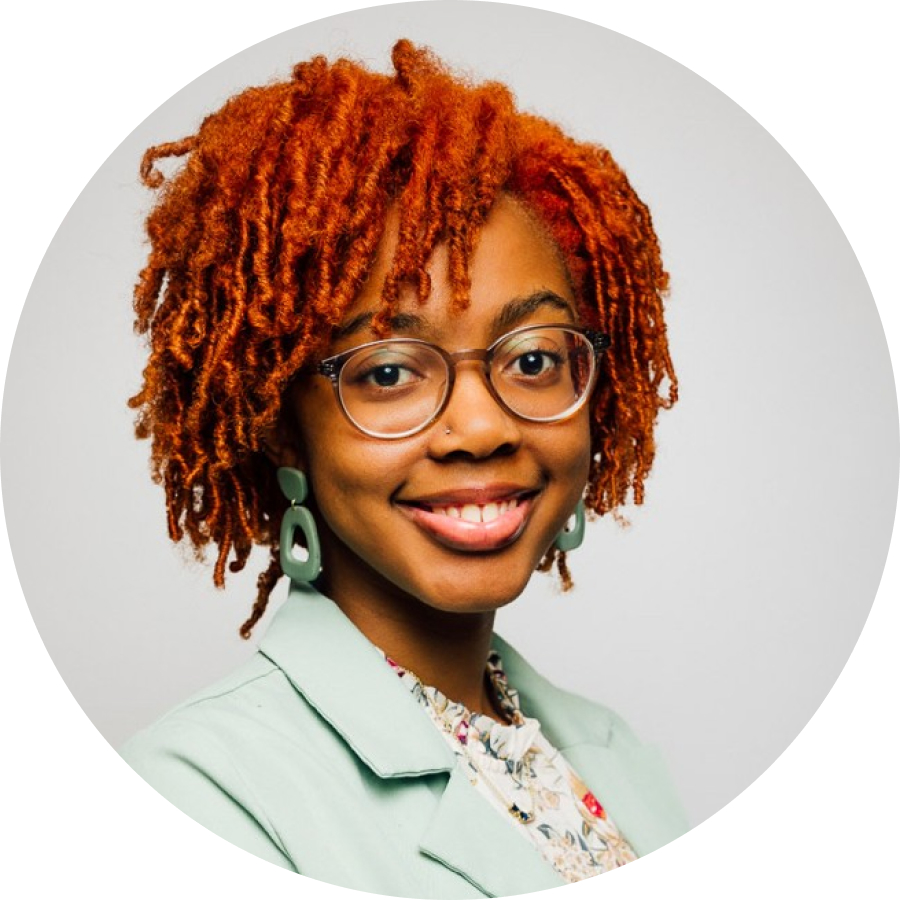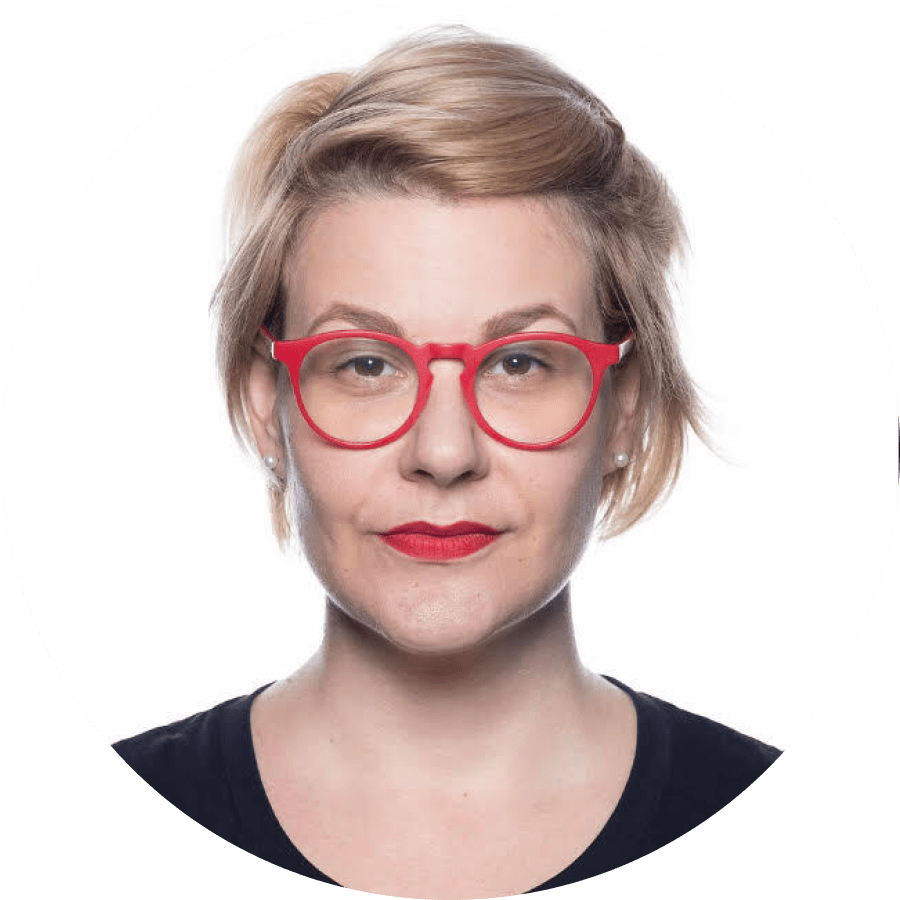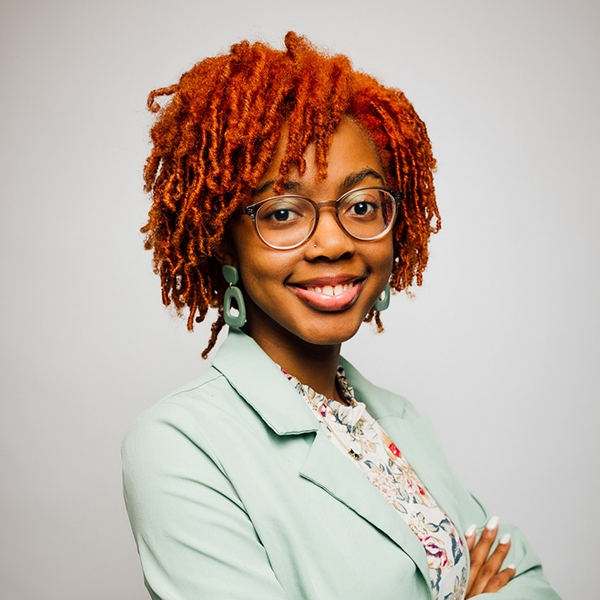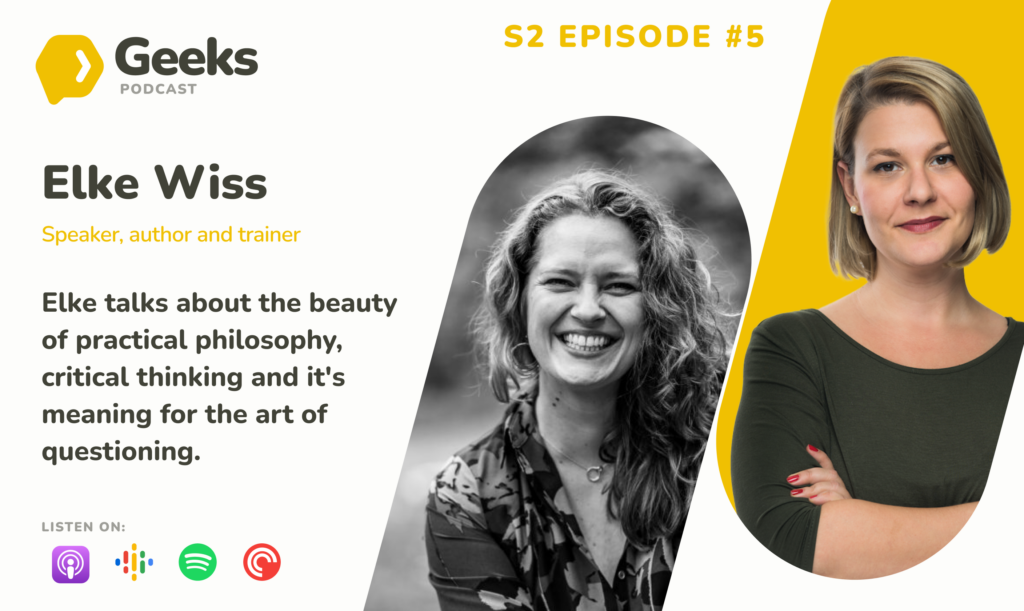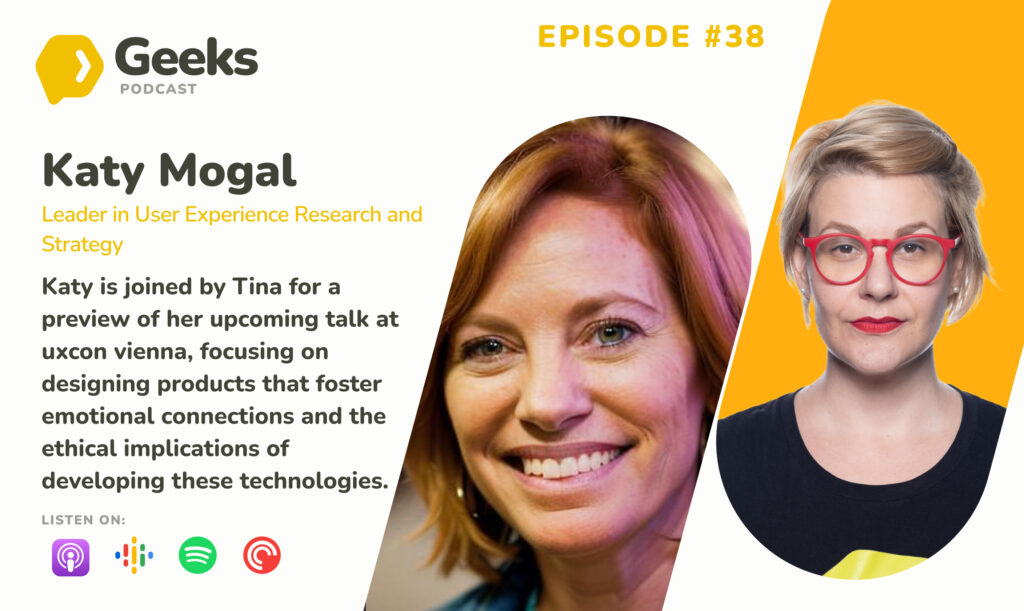Episode highlights
00:01:16 Equity-Centered UX Strategist
00:05:14 Exploring Harmful Realities
00:11:03 Approaching Diversity and Inclusion
00:14:36 Attend the Presentation
About our guest Zariah Cameron
Meet Zariah Cameron, an Equity Centered UX Strategist at Ally Financial. In her role, she emphasizes the importance of inclusive design, ensuring the consideration and representation of marginalized communities in every project. She infuses her experience in the UX Design field with a pervasive commitment to community and equity. As the founder of the AEI Design Program, Zariah provides Black design college students with essential resources and virtual event opportunities to prepare them for the industry. Her dedication to promoting equity extends beyond her professional role, manifesting in her continuous efforts to mentor and support emerging Black designers. You can connect with Zariah Cameron on LinkedIn or visit her website to learn more about her work.
About uxcon Vienna
uxcon Vienna is a conference dedicated to UX Research and UX Design. It brings together professionals, experts, and enthusiasts in the field of UX to share knowledge, insights, and best practices. The conference is attended by both specialists from both Europe and the US, thus providing a great oppotunity for networking or professional exchange. Attendees can expect to learn about the latest trends and developments in UX research and design, gain practical skills, and connect with like-minded individuals. uxcon Vienna aims to inspire and empower UX professionals to create impactful user experiences.
Podcast transcript
[00:00:00] Tina Ličková:
Welcome to UX Research Geeks, where we geek out with researchers from all around the world on topics they are passionate about.
I’m your host Tina Ličková, a researcher and a strategist, and this podcast is brought to you by UXtweak, an all-in-one UX research tool.
This is the 22nd episode of UX Research Geeks, and we are continuing in our special for the uxcon conference. We talked to Zaria, who is going to have a presentation about diversity and inclusion above the pitfall and an analysis on how to handle it. So if you want to learn something about equity and what it actually means in the UX field, this is a nice, short, sweet opportunity to do so. As well, join us at the conference in Vienna, Austria, or attend online.
Zaria, you are an equity centered UX strategist, which is super interesting. What is it? What do you do?
[00:01:16] Zariah Cameron: This was the first role that’s ever existed within my company that I work in now. And essentially it just means that we are understanding how we can create more inclusive products across the board? And through our practice and through our execution. So that could look like our foundational principles of design, how we’re actually conducting research, the practices in which we create that research, how we are creating safe and trusting spaces within our design experiences, as well as the conversations we may be having with our customers and users.
And looking at the entire like streamline of how we can really build and be more inclusive and equitable across the board. So that really reflects a wide range of experiences and diverse perspectives and life backgrounds, especially being in the financial space and how they can accomplish that in whatever medium that looks like for them.
[00:02:17] Tina Ličková: I get two points where I get really interested because you are also in the Fintech space, which is my favorite. And it’s a really tricky one when it comes to psychology and inclusion is even, I wouldn’t say bigger, it’s big in every field, but very interesting. And you are also a salt store UX designer.
How did you get to UX design and then to what you were doing now? What was the journey?
[00:02:42] Zariah Cameron: Yeah, so I studied graphic design in school and then I realized that I was not by any means a graphic designer and I, but I really love the design aspect and technology and the psychology aspect of things of really understanding people and I think as I discovered UX I was like, I really want to have an impact on people’s lives and I want to do meaningful work. And so discovering UX was this eye opener of intersection of all the things that I really cared about and was passionate about. And so through that, when I was starting to have conversations of, okay, what do I really want to do with my life in terms of career?
And I felt like at the time, right before I was graduating college, I realized I was already doing work within the inclusion space advocating for those who are on the margins and just trying to create more representation within the design industry and really taking that sort of leadership experience and.
Things that I had done while in undergrad and applying that to what it could look like as a role. And I started having conversations. I realized I like UX design, but I didn’t really see myself fully designing anymore. And like I said, I really wanted to have an impact beyond just being an individual contributor of project work, but really the overall strategy of how to develop those experiences. And that’s where I started having conversations of, I see how our company is growing and trying to evolve to be more inclusive. And I think that should include within the design space and there’s so much space for us to grow and expand and learn and be able to advocate for myself in that way and make it happen.
And so I’m in, I’ve been in this role for a year and a half now, almost two years. And I think I’m still growing and learning every day and still shaping out what this role looks like specifically within this company. But I would say definitely outside sources and things definitely helped me up to date of my evolving role of how we can really grow.
[00:05:01] Tina Ličková: In your talk at uxcon, you’re mentioning that this talk explores harmful realities. Just maybe as a taste, what do you consider to be a harmful reality?
[00:05:14] Zariah Cameron: A lot of times as designers and researchers, we have really great, hopefully most of the time we have great intentions, but what is the impact of those intentions?
And are those, is that impact extremely harmful? And a lot of times we don’t necessarily come from or identify with certain groups, especially those who are marginalized. It is easy for us to create some level of harm without even noticing or realizing. And that can even be in the standpoint of research, for example, right?
Like ways that we’re actually creating questions that aren’t triggering that really allow for the person to feel really comfortable and safe and really allowing for us to.. The customers drive the conversation rather than us dictating how things should be done, what things should be done. And I think those are ways of uncovering what those harmful realities are, or even like I said, the practices, right?
The everyday practices that we’re doing, even if it comes to our actual design process, what does that design process look like? Are we asking those questions of Who are we impacting within this work? Is this project even necessary for us to be doing? And is this even going to help solve the problem of this, our direct target audience?
Or who are we ignoring within this project? Who have we not talked to or spoken to that we haven’t even considered that is on the margins and who is actually being deeply affected by this problem? So really asking ourselves those types of questions and getting into sort of the roots of the situation can really help to uncover maybe things that we’re missing, things that we’ve forgotten, or even just harmful things that our products are creating.
And so I think that’s why it’s super important to have such an expansive and diverse team, but also make sure that we’re testing and having conversations and incorporating this co- creation aspect of dialogue amongst people who are actually utilizing our products. And
[00:07:22] Tina Ličková: there is a second term, which I would also like to ask you to explain a little bit- performative inclusion.
What is that?
[00:07:30] Zariah Cameron: So performative inclusion in simplest terms is really just about how there’s these promises that are being made, which refers to actions, words, gestures. And that claims to be equitable work, but in practice, it really doesn’t improve the lives of other people. And a good example is say we have a billboard and it’s has a diverse range of representation within that advertisement, but then what’s reflected within the company is not what is reflected on that advertisement or here in the U. S. During 2020, there were a lot of different statements that were being made of being in support of the Black community and making all these blanket statements.
But in reality, the efforts weren’t exactly sustainable, or their actions weren’t exactly coinciding with what they said that they were going to do, or it just fizzled out after a couple of years.
And so really actually meaning what you said and being actionable with not just your words, but meaning what you’re saying and understanding that in my personal and my perspective, as it comes to performative inclusion, performative equity, it’s a two side when it comes to the workplace, right? So you have a workplace and then you have your customers.
And so both have to work together to create this inclusive environment. I always say that if you’re being inclusive in one area, but not in the other, you’re still being performative because you’re ignoring one group over the other. And so I think that. It’s something that isn’t always, it’s talked about a lot, but isn’t always executed.
And I think it’s really because sometimes it’s an uncomfortable conversation to have, but it’s a necessary one to move forward. And I always say, this is a learning process and we’re all going to make mistakes and that’s fine. But it’s a matter of you owning up to those mistakes and seeing, okay, how can we do better?
How can we really create this sustainable change that is going to have a long lasting impact in people’s lives. That isn’t just also, as I say, throwing money at the problem, being able to be involved and invested within the lives of people and really caring and having that empathy and compassion towards really trying to better their lives.
[00:10:00] Tina Ličková: You’re bringing up two very important points and that is intersectionality. I love that you’re bringing ignorance to the mix because this is something we are not talking that much about. Those sets of questions that you were like, Oh, do we need to build this and stuff like that, I think we are asking that a lot when we are doing what we are doing in our companies.
But the question of who we are ignoring is just excellent. And I really love it because it takes you to different places. With that This is a very, and it’s also written in the description, very hot topic, very trendy topic, very polarizing topic. Yeah. Political topic. Yeah. And I love it because get your hands dirty and do the stuff, make mistakes, own them as you are telling.
Do you have any advice for people listening already now and maybe being ready to see you at the conference? on how not to be frightened from diversity and inclusion topics in the UX space.
[00:11:03] Zariah Cameron: I would say definitely take it with baby steps. And this is, it’s this long term work. It always is. And being ready to be open, and be ready to be vulnerable, and take chances, and understand, like I said, it’s not gonna be perfect, and you’re gonna get things wrong, and even though I’m doing this work I’m still constantly learning.
Things are constantly changing, but like being able to be willing and open to listening to those with like lived experience, those who are on the margins who are experiencing this level of harm and being able to listen in, take in what they’re saying and their stories and their experiences and being able to see like, how can we do better?
And sometimes it’s not always about these very large initiatives, but it is, it’s these baby steps. And that’s what I’m learning within this work: it definitely is a long call and will sometimes take longer than expected, but it’s about what are those small wins? What are those sorts of small steps that we can take on a day to day basis that can impact our work on a very larger scale.
And sometimes that does mean just really starting up that conversation. And like I said, it can be scary. It can be uncomfortable, but pushing through that sort of uncomfortability can really allow you to explore spaces that you probably would have never imagined and being open to new ideas within the space of inclusion can really just drive Not only from a humanistic point of view or approach, but also from a business name, the more, the more inclusive you’re making your experiences, the more people are going to be more apt to wanting to utilize that because they see themselves within those experiences.
They feel comfortable and safe. to utilize it and they feel confident enough to use it. And therefore you’re driving revenue, you’re driving more traction and people and they, customers are seeing this sort of value in partnering or using or interacting with what you’re trying to create.
And so for me, it will always be, I do it for bettering lives, but I know everyone doesn’t always like, that’s not their first like mindset, but I would say it’s okay to be scared, but push through that uncomfortableness that you have and Just remembering what are those baby steps? What are those small steps that you can take, even if it’s in a one on one call and seeing what we can do?
Or what are some day to day things that we can do as a team to really move forward, even if it’s within our practice as a team, because I think if we can build inclusion within our own teams, then it will start to evolve how we think about our products. Because if we’re treating our employees, our teammates in a way, or cultivating a space and environment in a way that feels welcoming and is diverse, it definitely trickles into the ideas and what’s being brought into the room.
Because then It will be a little bit more open, but yeah, I would definitely start there. And like I said, it’s a learning process. Is it ever evolving learning process and it’s okay. And I think it’s better to say you don’t know, then act like you do and understand that there, everyone has some sort of value that they bring and to really just be open to that and listen.
[00:14:36] Tina Ličková: What is the most important reason to come to your presentation?
[00:14:40] Zariah Cameron: I would say to be able to create. A sense of community within you, if you would like to create a sense of belonging and inclusion and a community that is safe and trusting for not only your employees, but also your customers and being able to have that intersection.
And if you care about really creating a, I would say a better world, but better products. and you care about really driving more people to your work, then this is definitely a conversation for you because it’s a conversation for everybody to listen in, no matter what level you’re at, whether you’re a junior level or you’re all the way on the director exec level, I think it’s something for everyone to hear.
[00:15:31] Tina Ličková: Beautiful. I’m really looking forward to it. You will be talking on the 13th of September, I think it is.
[00:15:36] Zariah Cameron: Yes.
[00:15:37] Tina Ličková: In Vienna, in middle Europe, in Austria, and if people can’t join or travel, you can also do it online. And I’m really looking forward to it. If it doesn’t come through, I’m really looking forward to it because your charisma is just astonishing and I’m really looking forward to the topic. Thank you very much.
[00:15:52] Zariah Cameron: Yes. Me too. And thank you so much.
[00:16:03] Tina Ličková: Thank you for listening to UX Research Geeks. If you liked this episode, don’t forget to share it with your friends, leave a review on your favorite podcast platform, and subscribe to stay updated when a new episode comes out.
💡 This podcast was brought to you by UXtweak, an all-in-one UX research software.
